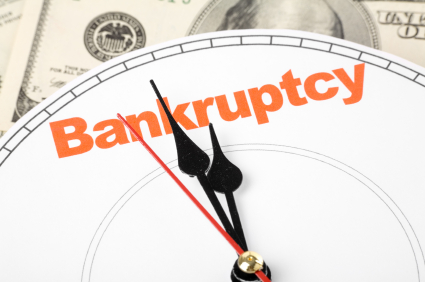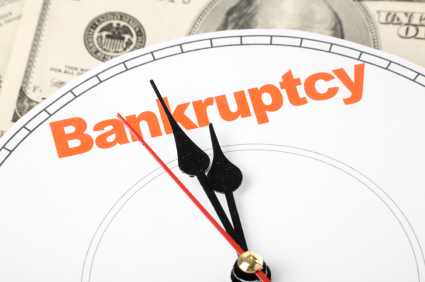Bankruptcy law prevents collection calls and all other forms of debt-collection attempts once a case has been filed. The injunction, called the automatic stay, prohibits further actions from debt collectors including phone calls, lawsuits, letters and all other forms of communication. All contact is strictly prohibited, and most creditors oblige, resulting in immediate relief from harassing debt-collection attempts.

How Long Does an Automatic Stay Last?
The amount of time an automatic stay lasts varies according to the type of bankruptcy filed. Under chapter 7 bankruptcy, the stay lasts until the case is over – several months – or until a creditor seeks to have the stay lifted. For example, if you are behind on your mortgage payments, your bank might ask for the automatic stay to be lifted as it pertains to them in order to start foreclosure proceedings. Other creditors who are exempt from the bankruptcy proceedings might want to lift the stay as well. It’s your obligation to keep payments current for things you want to keep after bankruptcy such as your home and car.
Chapter 13 bankruptcy lasts a bit longer and so does the automatic stay. Again, the stay lasts as long as the case remains open. In the case of chapter 13 bankruptcy, it can take up to five years. Creditors are able to ask for the court to lift the stay under this form of bankruptcy as well.
Does It Stop Foreclosure?
All foreclosure proceedings are stopped once a case has been filed and the mortgage company receives notice. Even in the face of an impending sale, you can rescue your home from foreclosure. However, you must begin to make mortgage payments if you want to keep your home. In this case, the automatic stay gives you some time to get your finances together in an effort to catch up your mortgage. The automatic stay in no way reduces the amount of money you owe your mortgage company.
What if Calls Don’t Stop?
Creditors who ignore the automatic stay after you’ve informed them of it, face severe penalties. Recently, a Florida judge fined Bank of America $12,500 for contacting a debtor after he filed bankruptcy. Some creditors may unknowingly call you shortly after you file. You must inform them of your bankruptcy proceedings and ask them not to call or contact you further. If they do not do so, report it to your attorney.
It’s a good idea to keep a call log and track calls if you continue to receive them after filing your case.
Frank Foot wrote this article on bankruptcy on behalf of leading Las Vegas Bankruptcy Attorney Anthony Deluca of Deluca & Associates.
Collection Calls And Bankruptcy: Your Rights

